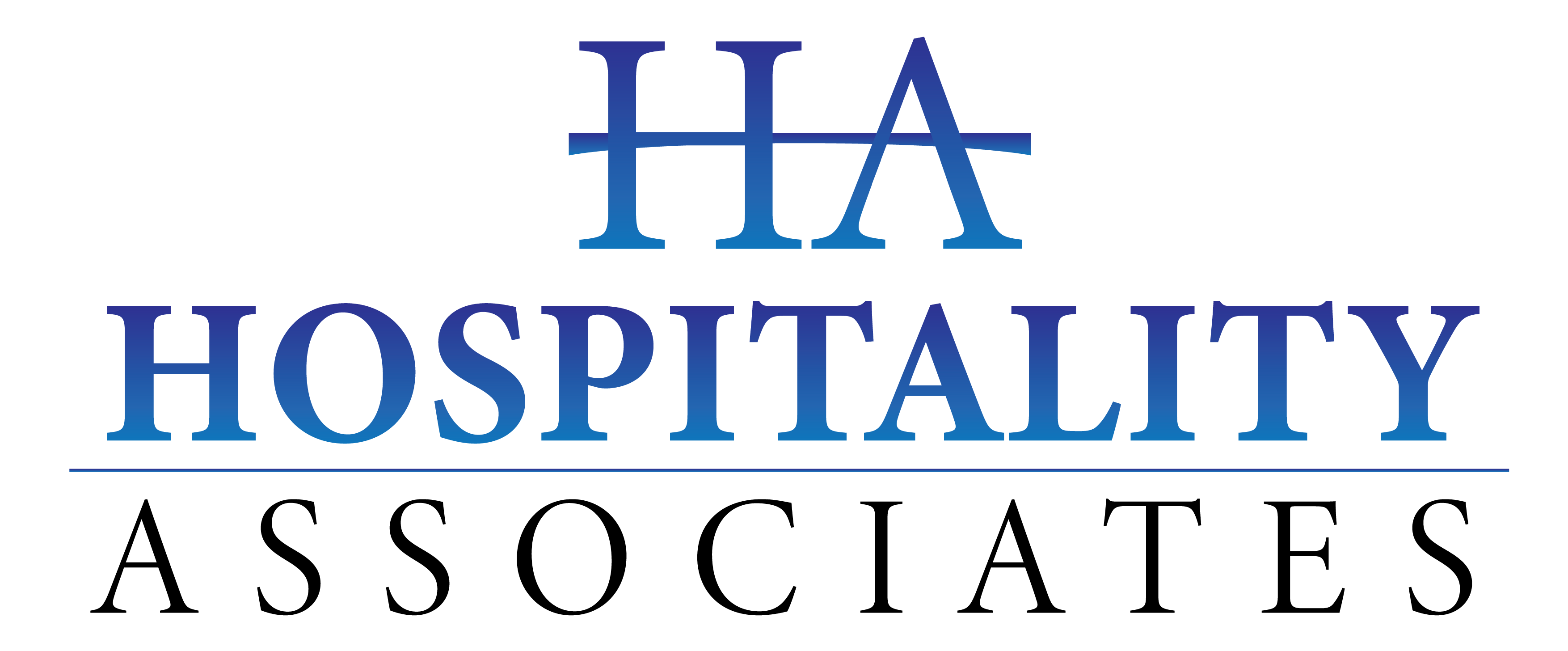
Expert Guidance for HR Management
When it comes to your business, simultaneously your greatest expense and greatest resource is your workforce, your employees. And yet for a number of different reasons, many small and medium-sized businesses are not in a position to employ a HR Manager, let alone a HR team on a full time basis. Having worked with a number of businesses in this position, we have often found that they are working with outdated policies and contracts and/or making costly mistakes without the requisite knowledge and expertise to rely on. This can provide a breeding ground for employee relations and people management problems, costing you time and money and putting your business at risk of both reputational damage and legal trouble. But it doesn’t have to be that way. With over 20 years legal and industry experience, Hospitality Associates blends legal expertise with a commercial understanding and awareness of the hospitality industry so that you can be confident in managing all your people challenges. Get in touch for a free no obligation HR audit.

